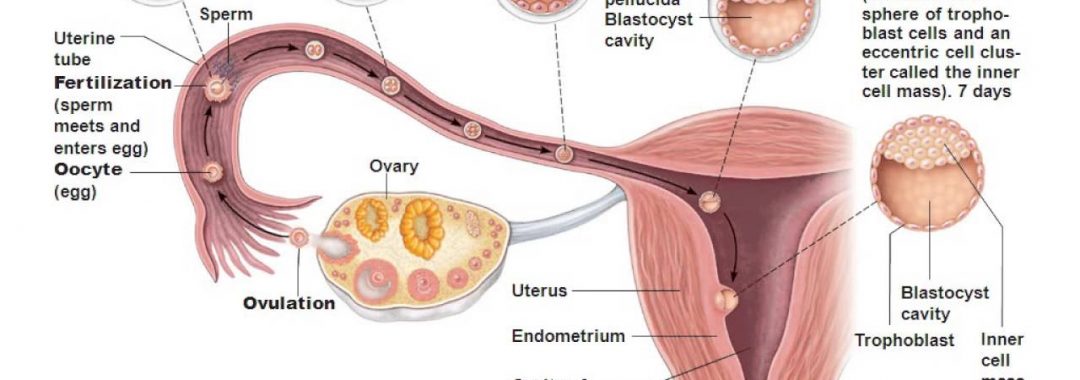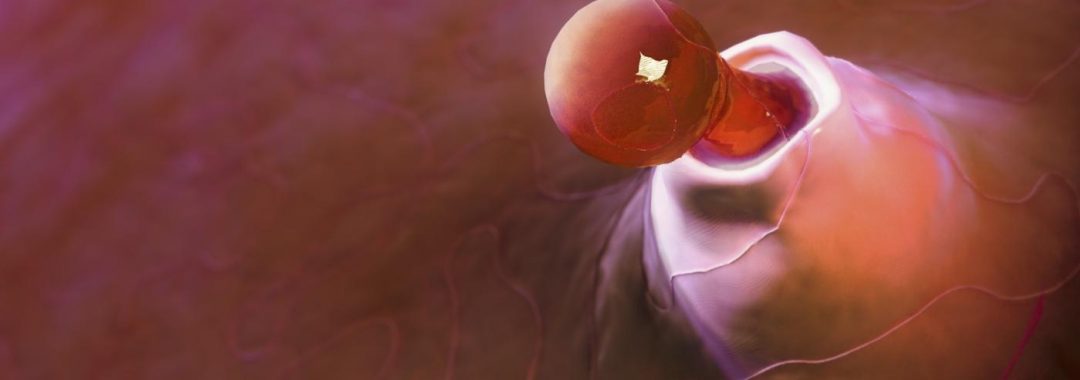 Implantation bleeding: Causes and symptoms
Implantation bleeding: Causes and symptoms
Implantation bleeding occurs when a fertilized egg attaches to the lining of a woman’s uterus to start the growth process of pregnancy. Some women’s lining can be more affected and be more prone to bleeding during a pregnancy. It is a normal occurrence in pregnant women, yet many women are completely unaware of what it is. Obviously it can be a bit worrying for anyone when they are bleeding during a pregnancy and I will discuss this later.
Some women may confuse the bleeding with spotting from menstruation, as the two can appear similar. What women also need to know is that getting a menstrual cycle, or the appearance of what looks like a menstrual bleed, does not mean you aren’t pregnant. You can have a bleed and still be pregnant.
Usually when it is implantation bleeding. The bleeding is very light and will usually require no medical attention. In some cases, however, implantation bleeding may require a visit to your specialist, midwife, or healthcare provider
What is implantation bleeding?
Implantation bleeding can just before the expected menstrual cycle, or around the early stages of pregnancy. It can also happen again when the embryos is growing and impacting on the lining of the uterus. Again this is a normal part of pregnancy for many women. Some women may not get any bleeding, or signs of implantation either.
The process of implantation starts shortly are fertilization. Once a sperm has fertilized an egg, it is called an embryo. The embryo travels through the fallopian tube towards the uterus. During this time, the embryo multiplies, becoming a blastocyst, which usually takes about 5-6 days to reach this stage.
About 1-2 days after an embryo reaches blastocyst stage, it will then attach itself in the wall of the uterus and this is called implantation. During this implantation stage, the embryo can cause disruption the uterine wall and this then cause what we know as implantation bleeding.
As the embryo and growing foetus grows even bigger, it can then cause further bleeding later on in the first trimester as well. While this is considered normal, it can cause distress for women and any bleeding should be checked by your healthcare provider.
Signs and symptoms
Implantation bleeding is one of the earliest easily identifiable signs of pregnancy. It is also a normal part of pregnancy and all women should be aware of this. As explained before, women can still have a normal menstrual bleed and still be pregnant. It is usually a lighter bleed, but some women can actually have quite heavy bleeds and still maintain a pregnancy. About 1 in 4 women actually have a bleed during their pregnancy.
Despite all that, there are some distinct signs and symptoms to help women identify implantation bleeding:
- Early bleeding: Implantation bleeding will often occur a few days before the expected menstruation cycle. This is not always the case, however, and many women confuse the two. As discussed, it is not uncommon for women to actually get their normal menstrual bleed and still be pregnant. Never think that just because you get a period, that you cannot be pregnant.
- Unusual coloured bleeding, or discharge: Implantation bleeding produces an unusual discharge that varies in colour from pinkish to very dark brown or black.
- Very light bleeding: Bleeding and discharge caused by implantation will usually not last no more than about 24 hours. It can last a bit longer for some women though. Many women experience just a few hours of spotting or one spot or streak of discharge. Obviously any bleeding should still be checked by your healthcare provider.
- Cramping: Implantation can also cause mild and temporary cramps. Some women who are doing IVF may also be on progesterone gels that can also cause bleeding and cramping too. Cramping and bleeding does not always mean a miscarriage. If you do experience this and are worried, please always consult with your healthcare provider.
Other signs
As implantation is an early sign of pregnancy, a woman may also experience other pregnancy-related symptoms. Early signs of pregnancy can vary from woman to woman and may include:
- Mood swings
- Fatigue and tiredness
- Dizziness
- Headaches and Migraine’s
- Tender, swollen breasts
- Nausea and vomiting
- Changes to the bowels (constipation, or loose bowels)
- Heightened sense of smell
- Food cravings and aversions
- Increased body temperature
Treating implantation bleeding
Implantation bleeding is a normal sign of pregnancy and is not usually dangerous. Because of this, there is no need for treatment. As I have stated before, if you are unsure, you should always consult with your healthcare provider.
Bleeding caused by implantation usually clears up within a couple of days with no treatment necessary. Abnormally heavy bleeding may be a sign of menstruation or a pregnancy complication.
As I have previously shared, some women who are doing IVF, may be on progesterone gels and other medications, which may also cause some bleeding and cramping.
Some women with signs of abnormal bleeding may need the same medications to help with hormonal levels. Some bleeding could be a sign of something more serious so please consult your healthcare provider.
If you are experiencing heavy bleeding along with pain, please present to your nearest emergency centre as this may be signs of a miscarriage, or ectopic pregnancy.
Complications of implantation bleeding
Implantation bleeding is not usually a cause for concern most of the time. It is just a sign of embryo implanting into the lining of the uterus.
Women who are still uncertain about whether they have experienced implantation bleeding should consult their healthcare provider and take a blood test to see if they are pregnant, or not.
Please do not rely on home pregnancy tests as these can be inaccurate in the early stages of pregnancy. The most accurate way to determine pregnancy is to do a blood test. This is very important for women undergoing IVF treatment too.
Too often women will do a home pregnancy test and think they are not pregnant, when in fact they are. The issue is that the home pregnancy tests won’t pick up pregnancy hormone in the urine if it is too early. This can cause a woman much distress at the time and then when she finds out later on through the blood test, that she is actually pregnant. Please never rely on urine based home pregnancy tests.
Please note that if you experiencing heavy bleeding during any stage of pregnancy that this can be a sign of a complication and women should seek medical attention.
Regards
Andrew Orr
-Women’s and Men’s Health Crusader
“No Stone Left Unturned”
-The International Fertility Experts












